Steven E. Sodergren - The Army of the Potomac in the Overland and Petersburg Campaigns: Union Soldiers and Trench Warfare, 1864-1865
Here you can read online Steven E. Sodergren - The Army of the Potomac in the Overland and Petersburg Campaigns: Union Soldiers and Trench Warfare, 1864-1865 full text of the book (entire story) in english for free. Download pdf and epub, get meaning, cover and reviews about this ebook. year: 2017, publisher: LSU Press, genre: Science. Description of the work, (preface) as well as reviews are available. Best literature library LitArk.com created for fans of good reading and offers a wide selection of genres:
Romance novel
Science fiction
Adventure
Detective
Science
History
Home and family
Prose
Art
Politics
Computer
Non-fiction
Religion
Business
Children
Humor
Choose a favorite category and find really read worthwhile books. Enjoy immersion in the world of imagination, feel the emotions of the characters or learn something new for yourself, make an fascinating discovery.

- Book:The Army of the Potomac in the Overland and Petersburg Campaigns: Union Soldiers and Trench Warfare, 1864-1865
- Author:
- Publisher:LSU Press
- Genre:
- Year:2017
- Rating:5 / 5
- Favourites:Add to favourites
- Your mark:
The Army of the Potomac in the Overland and Petersburg Campaigns: Union Soldiers and Trench Warfare, 1864-1865: summary, description and annotation
We offer to read an annotation, description, summary or preface (depends on what the author of the book "The Army of the Potomac in the Overland and Petersburg Campaigns: Union Soldiers and Trench Warfare, 1864-1865" wrote himself). If you haven't found the necessary information about the book — write in the comments, we will try to find it.
The final year of the Civil War witnessed a profound transformation in the practice of modern warfare, a shift that produced unprecedented consequences for the soldiers fighting on the front lines. In The Army of the Potomac in the Overland and Petersburg Campaigns, Steven E. Sodergren examines the transition to trench warfare, the lengthy campaigns of attrition that resulted, and how these seemingly grim new realities affected the mindset and morale of Union soldiers.
The 1864 Overland Campaign created tremendous physical and emotional suffering for the men of the Army of the Potomac as they faced a remarkable increase in the level and frequency of combat. By the end of this critical series of battles, surviving Union soldiers began to express considerable doubt in their cause and their leaders, as evidenced by widespread demoralization and the rising number of men deserting and disobeying orders. Yet, while the Petersburg campaign that followed further exposed the Army of the Potomac to the horrors of trench warfare, it proved both physically and psychologically regenerative. Comprehending that the extensive fortification network surrounding them benefitted their survival, soldiers quickly adjusted to life in the trenches despite the harsh conditions. The armys static position allowed the Union logistical structure to supply the front lines with much-needed resources like food and maileven a few luxuries. The elevated morale that resulted, combined with the reelection of Abraham Lincoln in November 1864 and the increasing number of deserters from the Confederate lines, only confirmed the growing belief among the soldiers in the trenches that Union victory was inevitable. Taken together, these aspects of the Petersburg experience mitigated the negative effects of trench warfare and allowed men to adapt more easily to their new world of combat.
Sodergren explores the many factors that enabled the Army of the Potomac to endure the brutal physical conditions of trench warfare and emerge with a renewed sense of purpose as fighting resumed on the open battlefield in 1865. Drawing from soldiers letters and diaries, official military correspondence, and court-martial records, he paints a vivid picture of the daily lives of Union soldiers as they witnessed the beginnings of a profound shift in the way the world imagined and waged large-scale warfare.
Steven E. Sodergren: author's other books
Who wrote The Army of the Potomac in the Overland and Petersburg Campaigns: Union Soldiers and Trench Warfare, 1864-1865? Find out the surname, the name of the author of the book and a list of all author's works by series.

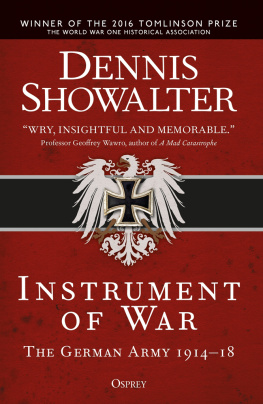
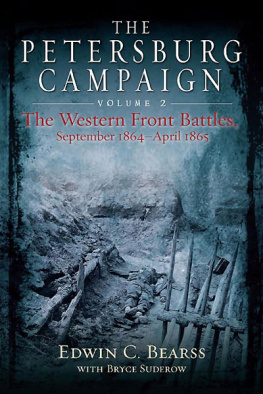
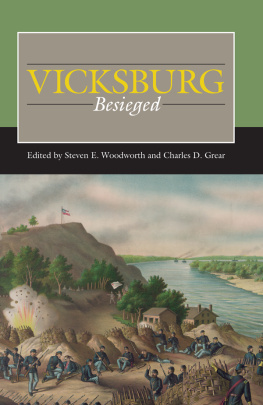
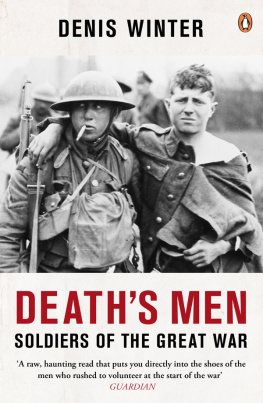
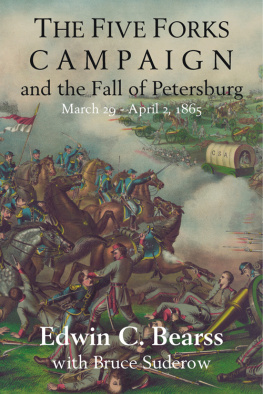
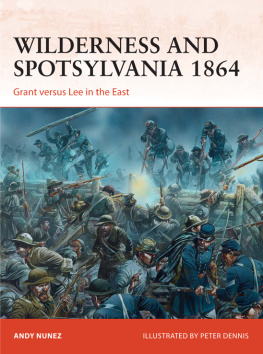
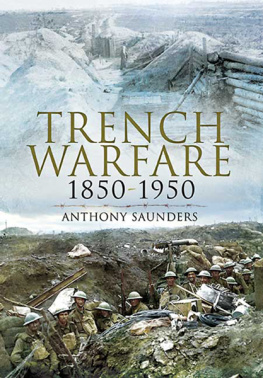

 IN THE
IN THE 




